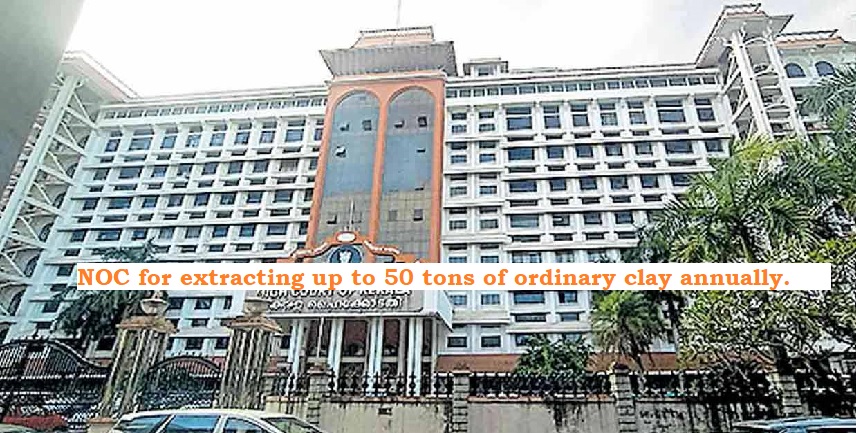


The recent pronouncement by the Kerala High Court has clarified that traditional artisans engaged in clay and pottery work are not obligated to furnish a No Objection Certificate (NOC) from the Revenue Divisional Officer (RDO) for the extraction of ordinary clay up to 50 tonnes within a calendar year.
Examining Rule 106(5) of the Kerala Minor Mineral Concession Rules 2015, Justice Murali Purushothaman emphasized that traditional artisans could be issued special transit passes for the extraction of up to 50 tonnes of ordinary clay by presenting their identity cards. The court explicitly stated, "Rule 106(5) makes it clear that the provisions in the KMMC Rules shall not apply to the extraction of ordinary clay up to a quantity of 50 tonnes by traditional artisans making earthen pots or Co-operative Societies of such artisans for making pots by traditional means in a calendar year, provided they produce identity cards issued by competent authorities and the Geologist may issue special transit passes for transportation of 50 tonnes of ordinary clay every year without payment of any royalty or fee by them."
The origin of this legal development lies in a petition submitted by an industrial co-operative society comprising traditional artisans. The petitioner sought transit passes for the collection of accumulated ordinary clay, as permission had been denied due to the absence of an NOC from the RDO.
In their application to the District Geologist, the petitioner society invoked Rule 106(5) of the KMMC Rules, requesting special transit passes for the collection of significant amounts of clay. However, their application was rejected on the grounds that artisans could not transport clay without obtaining an NOC from the RDO, citing its accumulation in 'nilam' under the Kerala Conservation of Paddy Land and Wetland Act, 2008.
The petitioner society argued that traditional artisans crafting earthen pots should not be required to obtain an NOC from the RDO for the issuance of transit passes allowing the transportation of up to 50 tonnes of clay. They contended that Rule 106 specifically pertains to the extraction of minerals for special purposes, and Rule 106(5) only mandates the production of identity cards for the issuance of transit passes.
The court concurred with the petitioner's argument, emphasizing that traditional artisans could acquire special transit passes by presenting identity cards and that NOC was not a prerequisite. Notably, the court invoked the non obstante clause in Rule 106(5), asserting that the NOC from the RDO under Rule 104 cannot be insisted upon for the issuance of special transit passes, provided the artisans produce identity cards issued by competent authorities.
Consequently, the court disposed of the writ petition by overturning the order of the District Geologist that insisted on NOC. Furthermore, the court directed the District Geologist to consider the petitioner's application for the issuance of special transit passes without the requirement of an NOC from the RDO.
In essence, this legal pronouncement upholds the rights of traditional artisans engaged in pottery and clay work by recognizing their exemption from NOC requirements for extracting ordinary clay up to a specified limit. The judgment aligns with the objective of facilitating the traditional practices of these artisans while ensuring environmental sustainability.
TAGS: Kerala High Court traditional artisans clay extraction pottery No Objection Certificate (NOC) Revenue Divisional Officer (RDO)